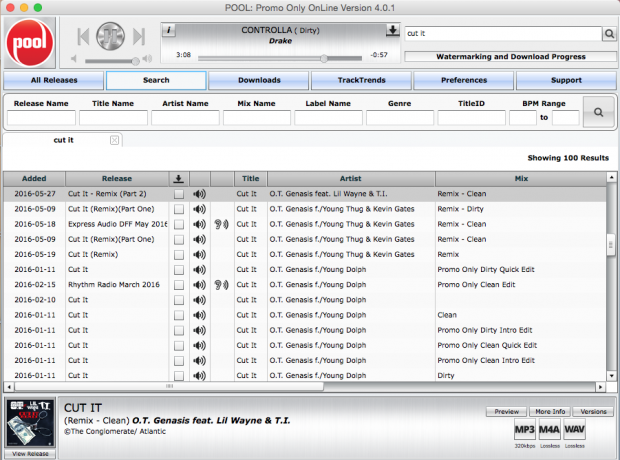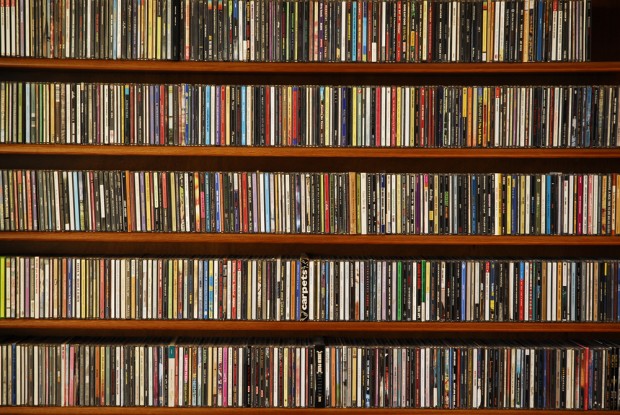By Tony Fernandez
Mix tapes and DJs go together like peanut butter and jelly. The mix tape is a DJ’s calling card. A DJ’s sonic resume. Personally, I come from a point in time when you actually used tape to do a mix tape. But we’ve all made mix CDs… for our girlfriends, boyfriends, travel tunes, business cards, promotional showcases — the uses are endless.
Fast forward to our current state of affairs: SoundCloud, Mixcloud, Facebook, Facebook Live are all great vehicles that allow DJs to share their talent with the world. However, there is conflict in the air. The waters are churning. There is strife between the DJ world and the digital world. The same vehicle(s) that have allowed DJs to share their vision and skills with the world are now clamping down on the sharing and showcasing of those skills.
I am not a lawyer, nor do I play one on TV, but I did have the following facts checked by a lawyer (who is also a DJ, producer, and copyright holder), so as to simply and correctly explain why mix tapes and the streaming of those mixes are being removed.
Let’s dig in….
DJs need to realize that the music they mix, play, use, and purchase is not “your” music. It’s natural to draw the conclusion that because you have purchased a song you’re allowed to play it publicly in a DJ set. Well, according to U.S. copyright law, this is incorrect.
There are several types of rights copyright owners must obtain under the law to distribute musical works, all of which are exclusive, including:
- Public Performance (transmitting or performing the work in public)
- Reproduction (copying/duplicating)
- Digital Performance (internet streaming)
With that information in hand, we can move forward and explain why DJs aren’t allowed to post, stream, or share their mixes.
When a DJ spins at a nightclub, it’s incumbent on the venue to make sure they have a license for public performance. This license is acquired from the PROs (performance rights organizations). When the venue has a public performance license, it means that DJs can play recorded music registered with the PRO.
Radio stations pretty much work the same way. The difference is the radio stations license is for broadcast. Their license authorizes the radio station to play music on public airwaves.
Streaming services do not have a clear relationship with PROs. When a DJ creates a live stream and starts broadcasting music on the internet, that DJ becomes, in effect, a radio station. As such, he or she needs to have the appropriate licenses.
No licenses, no stream.
This is, unfortunately, where we find ourselves today – at the crossroads of artistic expression and the rights of copyright holders.
It’s apparent that copyright laws are falling behind: DJ sets are not a protected form of free speech. Our sets don’t generally fall under “fair use”.
As such, copyright takedowns happen.
What can you do about it?
Stay tuned for Part 2…
Based out of Richmond, VA, DJ Tony Fernandez has been a DJ, Remixer, Producer, Musical Soothsayer and Audio Gear Oracle since 1980. Find him on facebook. Email djtonytf@gmail.com



